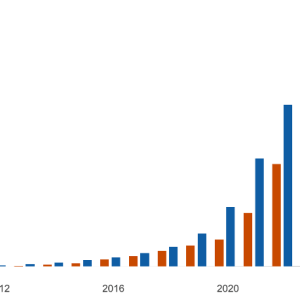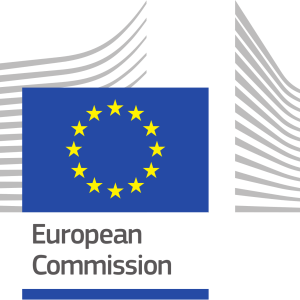A Just Transition[1] necessitates that access to “sustainability service”, namely clean energy, sustainable transportation, and effective waste management, is universal and equitable. This means all populations, regardless of income, region, or cultural background, can reliably afford to consume these services at a similar level of quality. Indeed, the European Pillar of Social Rights explicitly lists...
Author: George Scott (George Scott)
The European Union has Increasingly Integrated Nature Based Solutions into its Climate Policies
Although NBS’s direct climate impact—generally measured at a few hundred Mt CO₂e sequestration annually—lags behind the drastic cuts achieved by renewable energy expansion and industrial decarbonization, they are indispensable for offsetting residual emissions and ensuring long-term climate resilience.Spanning multiple climatic and ecological zones, the EU is home to various ecosystems—from alpine and boreal forests to...
Automated Public Transport in the EU
In the EU, transport is responsible for roughly 25% of the climate emissions. Achieving zero emission mobility is therefore a critical and necessary objective of EU climate policy. In addition to the material climate impact, the ever-increasing number of vehicles on our roads has led to a drastic increase in congestion and air pollution. Resolving...
EU Maintains Strict Emissions Standards and Plans to Phase Out New Combustion-Engine Car Sales by 2035
Road transport in the European Union (EU) currently accounts for around 25% of all emissions. To reduce its environmental impact, the EU has set an ambitious goal of putting at least 30 million zero-emission vehicles on the road by 2030—equivalent to roughly 12% of today’s total vehicle fleet. Although reaching this figure will require concerted...
The Use of Renewables and the EU Emissions Trading System
In 2023, the EU achieved an 8% net reduction in greenhouse gas (GHG) emissions compared to the previous year[1]. This represents the most significant annual drop in decades, excluding 2020 when emissions fell sharply due to Covid-19 restrictions. Overall, the bloc’s emissions are now 37% below 1990 levels, while its GDP has grown by 68%...
The Need to Address Disinformation and Prioritize a Just Transition in the European Union
Context Five years ago, the Green Party achieved its best-ever performance in the European elections. This marked a turning point in EU politics, amplifying environmental and climate issues on the policy agenda. The European Green Deal was approved in 2019 and designed as the EU’s compass to achieve those objectives. In the years following, considerable...







